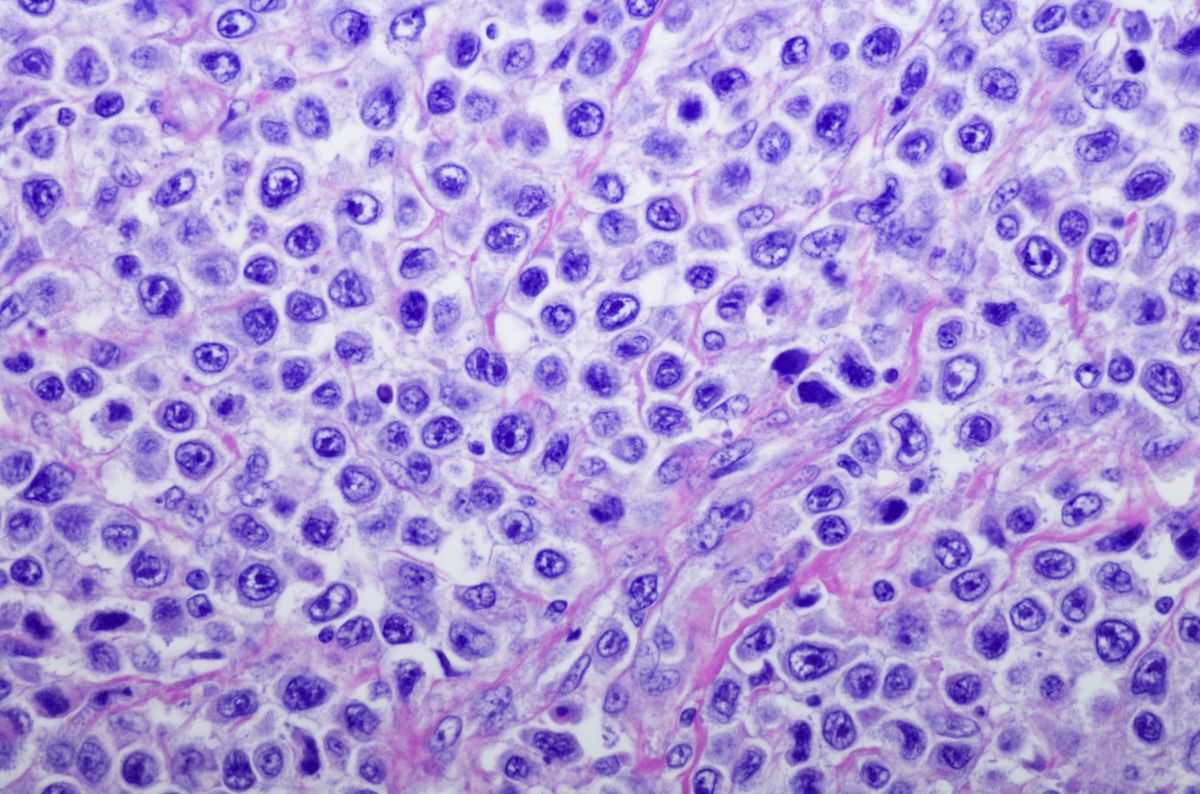
Compensation plans based solely on clinical productivity were associated with high burnout rates among hematologists and oncologists, according to a recent survey.
In 2019, the American Society of Hematology conducted a practice survey of hematologists and oncologists using a single-item burnout instrument from the Physician Work Life Study, which asked respondents to rate their level of burnout on a five-category ordinal scale.
The response rate was 25.2%; 411 of 631 respondents had complete responses that could be included in the final analysis. About one-third of respondents (36.7%) were from academic practices and about two-thirds (63.3%) from community practices.
More than one-third (36.5%) reported burnout, with 12.0% reporting a high level of burnout.
Looking at multiple variables, compensation plans based entirely on relative value unit (RVU) generation were significantly associated with high burnout among both academic and community physicians. Of the respondents, 22.1% were paid by RVU-only compensation plan. Respondents from community practices were significantly more likely to report RVU-only compensation compared with academic practices (30.4% vs. 8.0%). The combination of RVU and compensation had no significant association with burnout.
“Our findings raise concern about the state of wellness of the hematology/oncology workforce and suggest that compensation systems focused exclusively on clinical productivity in either academic or community practices may be exacerbating physician burnout, at a time when increasing emphasis is being placed on physician productivity in the clinical practice of hematology and oncology,” the researchers wrote.
Female gender was also associated with high burnout among academic physicians, a finding reported in other studies in oncology and other fields of medicine.
High use of advanced practice providers (APPs) and age younger than 40 were inversely associated with high burnout among community physicians.
“We propose that the implementation of compensation models that rely less on RVU generation and more on alternate metrics for both academic and community physicians, an expansion of APPs in community hematology and oncology practices, and increased recognition and support for women in academic medicine, may reduce burnout and dissatisfaction and support health and longevity among practicing hematologists and oncologists,” the researchers wrote.
Lee A, Masselink L, De Castro L, et al. Burnout in U.S. hematologists and oncologists: impact of compensation models and advanced practice provider support. Blood Advances. 2022. doi: 10.1182/bloodadvances.2021006140






 © 2025 Mashup Media, LLC, a Formedics Property. All Rights Reserved.
© 2025 Mashup Media, LLC, a Formedics Property. All Rights Reserved.